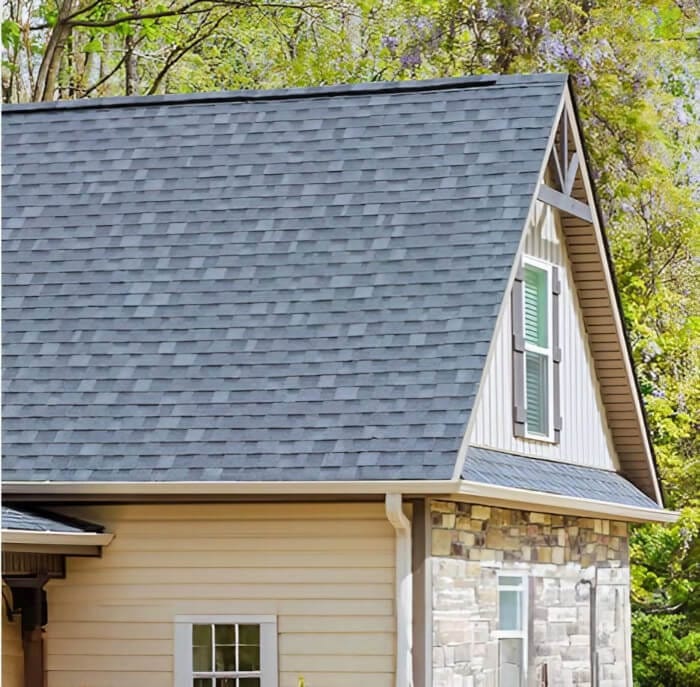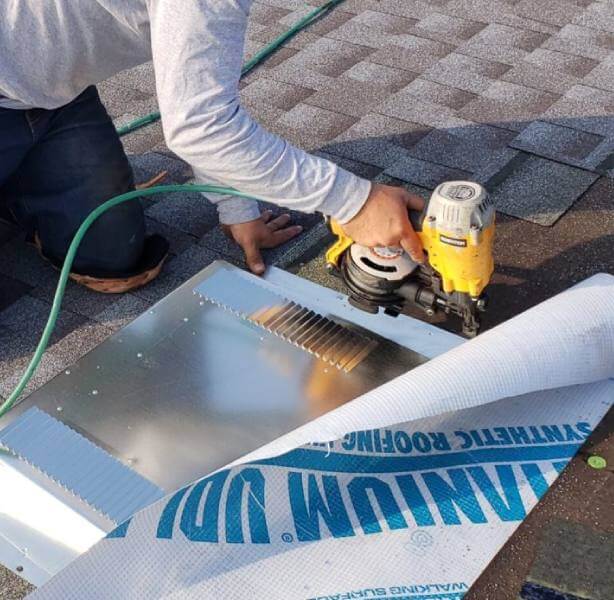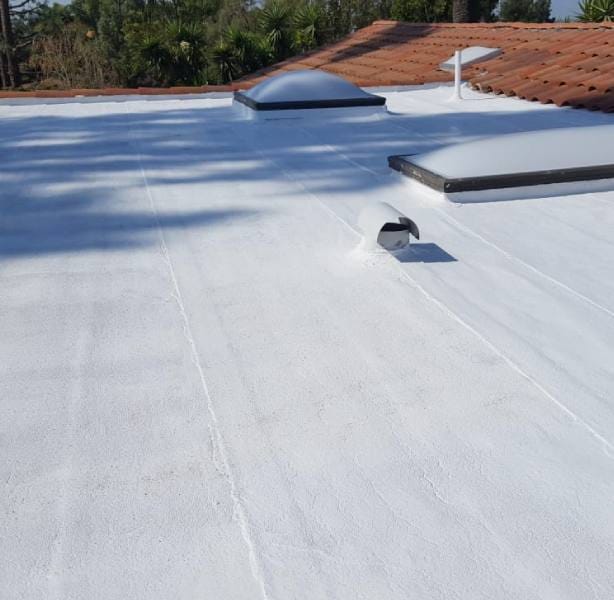Understanding Roofing Costs: How Much Should You Expect to Pay for a New Roof?
Introduction
When it comes to home improvement projects, few are as significant or as daunting as replacing your roof. It's not just about aesthetics; a new roof secures the integrity of your home and protects against the elements. But how much should you expect to pay for a new roof? Understanding roofing costs requires delving into various factors, including materials, labor, and geographical considerations. In this comprehensive guide, we’ll explore everything you need to know about roofing expenses, helping you make informed decisions for your home.
Understanding Roofing Costs: How Much Should You Expect to Pay for a New Roof?
Replacing a roof is one of the largest investments homeowners will make. The costs can vary significantly depending on various aspects such as the type of materials chosen, the size of the roof, and regional price differences. Typically, homeowners can expect to pay anywhere from $5,000 to $30,000 for a complete roof replacement. However, understanding roofing costs goes beyond just numbers; it involves recognizing what influences these figures.
Factors Influencing Roofing Costs
1. Type of Roofing Material
The material you choose plays a crucial role in determining the overall cost. Here’s a breakdown:
- Asphalt Shingles: The most popular choice due to affordability (around $100-$150 per square).
- Metal Roofing: Durable and long-lasting but can range from $300-$700 per square.
- Tile: Attractive and durable but expensive (averaging $600-$800 per square).
- Slate: The premium option that offers longevity but can cost up to $1,500 per square.
Each type presents its pros and cons regarding durability, warranty length, and maintenance needs.
2. Roof Size and Complexity
Naturally, larger roofs require more materials and labor—leading to higher costs. Additionally, if your roof has multiple slopes or intricate designs, it may require specialized labor that can drive up expenses.
3. Labor Costs
Labor costs can vary widely based on geographic location and contractor expertise. Regions with higher living costs generally see higher labor rates. On average, labor might account for 60% of the total project cost.
4. Removal of Old Roofing
If you're replacing an existing roof rather than installing one from scratch, expect additional charges for removing old materials. This process may add another $1-$5 per square foot depending on the complexity of removal.
5. Additional Features
Features like skylights, ventilation systems, or gutters will also influence overall pricing. Each addition requires careful planning and installation that could increase material and labor costs.
Average Costs by Region
Different regions exhibit varied pricing trends due to factors like demand and local building codes. Here's an overview:
| Region | Average Cost Per Square | |--------------------|-------------------------| Renton commercial roofing experts | Northeast | $300 - $500 | | Midwest | $250 - $450 | | South | $200 - $400 | | West | $300 - $600 |


These averages reflect typical residential roofing jobs in those areas.

Roofing Estimates: What to Expect?
When seeking estimates from "roof services near me," be prepared for several variables:
Understanding Different Types of Roofs
Understanding roofing types is essential when considering costs:
Asphalt Shingle Roofs
- Cost-effective: Great balance between cost and performance.
- Lifespan: 15-30 years depending on quality.
Metal Roofs
- Energy-efficient: Reflects heat which helps in energy savings.
- Durability: Lasts 40-70 years.
Clay Tile Roofs
- Aesthetic appeal: Often seen in Mediterranean-style homes.
- Longevity: Can last over 100 years with proper maintenance.
DIY vs Professional Installation
You might wonder whether it's worth attempting a DIY installation or hiring professionals:
-
DIY:
-
Pros: Save on labor costs.
-
Cons: Risky without experience; potential for costly mistakes.
-
Professional:
-
Pros: Expertise ensures quality work; warranty coverage typically applies.
-
Cons: Higher upfront costs.
In most cases, hiring a professional is recommended unless you possess significant skills in construction.
Financial Options for Roofing Projects
When faced with substantial expenses such as roofing replacement or repairs:
FAQs
Q1: How do I know when my roof needs replacing?
A1: Signs include missing shingles, leaks inside your home, sagging areas on the roof deck or increased energy bills due to poor insulation.
Q2: Can I install a new roof over my old one?
A2: Yes, many local codes allow this under specific circumstances; however, it’s usually best practice to remove old shingles first for better results.
Q3: How long does it take to replace a roof?
A3: The timeline varies based on size and complexity but typically ranges from one week to two weeks.
Q4: Are cheaper materials worth it?
A4: While they save money upfront, cheaper materials often result in shorter lifespans leading to more frequent replacements—ultimately costing more long-term.
Q5: Should I get multiple estimates?
A5: Absolutely! Getting at least three estimates helps ensure competitive pricing while allowing comparisons of contractors’ professionalism.
Q6: What’s included in a roofing warranty?
A6: Warranties usually cover defects in materials as well as workmanship guarantees—make sure you understand what each covers before signing any contracts!
Conclusion
In summary, understanding roofing costs is crucial when planning your next home improvement project—especially if you're considering replacing your roof entirely! By weighing factors such as material choices, labor expenses—and even geographical variances—you'll be better equipped to navigate quotes from "roof services near me." Always remember that investing wisely now will save you time and money down the line!